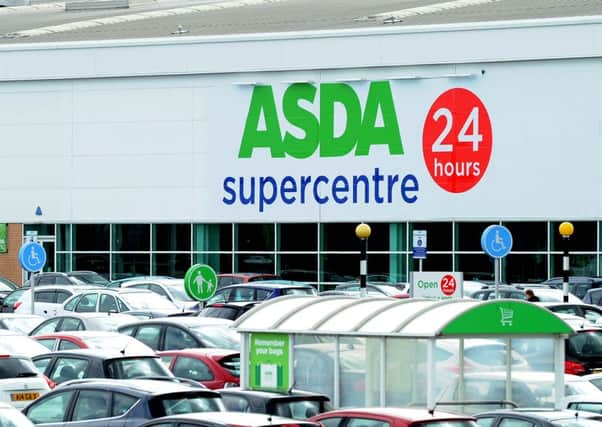Martin Flanagan: New boss has work cut out to revive Asda
This article contains affiliate links. We may earn a small commission on items purchased through this article, but that does not affect our editorial judgement.


Clarke, an insider with US retail giant Wal-Mart, which owns the British supermarket group, took over on 11 July. Asda, under his predecessor Andy Clarke, had just announced a brutal 7.5 per cent fall in like-for-like sales in the three months to June – the worst sales slump in its history.
Yesterday the group, one of Britain’s Big Four grocers, revealed that the pain goes on. Same-floorspace sales declined a further 5.8 per cent in the three months to September, an improvement of sorts, but with clearly much more still to do.
Advertisement
Hide AdAdvertisement
Hide AdIt is the ninth consecutive quarter of sales falls at Asda. If it is any consolation to the new boss, rival Morrisons once suffered four years of declining sales, and it now seems to have come out the other side with climbing sales under its own relatively new chief executive, David Potts.
Similarly, Tesco looked adrift for a couple of years before Dave Lewis took over at the top in 2014, and has now had three consecutive quarters of sales growth.
The supermarket industry is not complicated. Sales turnarounds such as the one Asda now believes it is right at the start of follow a similar pattern.
Put diversification back in its box in order to focus on the core business; improve the food offering; have more workers on the shopfloor to improve the customer experience; shake out any central costs and plough them into price cuts to stay competitive with other members of the Big Four, and, as importantly, with discounters Aldi and Lidl; open fewer big stores and close under-performing ones unsentimentally.
Something has to give, however – headline earnings and profit margins take the short to medium term hit while the key reference point of like-for-like sales is addressed. Asda has a difficult road to travel, but others have done it.
Junk mail can be good
In this era of e-communication, Royal Mail is very dependent on junk mail to help its financial performance. And marketing missives were hit following the Brexit vote. The group will continue to be heavily exposed to business sentiment.
